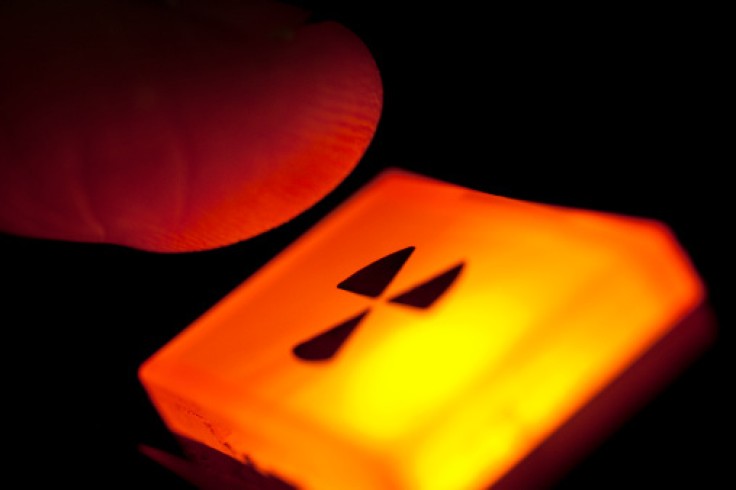Radiation is something that's hard to completely avoid, especially now that we live in the modern era where technology surrounds us. They can come from many sources, but it is mostly harmless, provided that the level and duration of the exposure are controlled.

Where Does Radiation Come From?
Because of all the technological advancements that we have reached, there are devices and procedures that expose us to small levels of radiation, the majority of which is harmless that you go through your entire life without being negatively impacted by it.
Some of the man-made sources include nuclear power plants, medical machines, industrial processes, and more. Experts go through a lot of research and testing to make sure that exposure to them would not cause long-term effects.
Even without those, there are natural sources such as cosmic radiation which is constant and produced by our own Sun. It can also come from places on Earth such as radioactive gas in soil and rocks, as well as our own bodies as we produce potassium.
Positive Effects
We are exposed to bits of radiation every day, but it's small enough that our bodies are able to withstand them. There are countless applications that are actually helpful for us, especially in the field of medicine as it can treat certain conditions.
For instance, medical practitioners use radiation therapy to treat patients with cancer. The high-energy radiation targets cancer cells to help get rid of them, and the controlled doses allow it to kill the harmful cells while only minimally damaging healthy tissue.
It is used in diagnosing conditions through medical machines like X-rays, CT scans, PET scans and more. Plus, radiation can be used to sterilize items and areas, as it can kill harmful bacteria and viruses in a field, although people need to steer clear as it does.
Even in research, radiation is used to attain more information about certain studies. For example, radiation is used in carbon dating. National Geographic states that the less radioactivity a carbon-14 isotope emits, the older it is.
Negative Effects
Of course, it also comes with negative impacts on people as well as the environment. Too much exposure can result in a plethora of issues, a lot of which are irreversible. There have been several cases of radiation sickness that led to fatality, but they are rare.
They are usually caused by accidents or acts of war, such as the bombing of Hiroshima and Nagasaki, as well as the meltdown of the Chernobyl nuclear power plant. To this day, the place is still radioactive and people can only step foot in the Exclusion Zone with a guide.
Too much exposure can cause cell damage, which leads to the disruption of the structure of cells. It may also cause mutations in the body and even cancer as a long-term effect. Radiation sickness symptoms include vomiting, nausea, hair loss, fatigue, and sometimes death.
This is why doctors and other experts advise people to wear sunblock. Prolonged exposure to the Sun means that our skin is absorbing too much UV radiation. It results in wrinkles and premature aging and in the worst cases, skin cancer.









